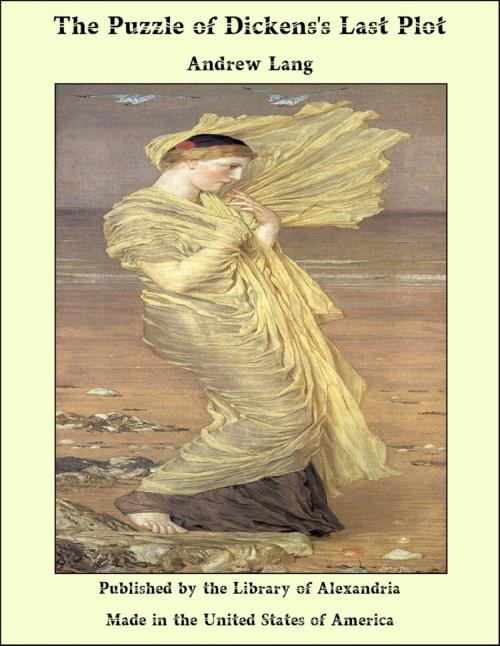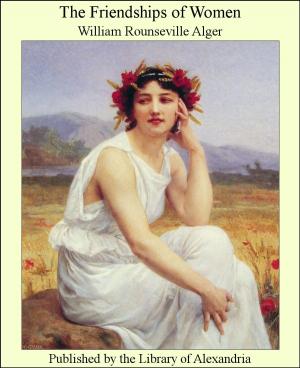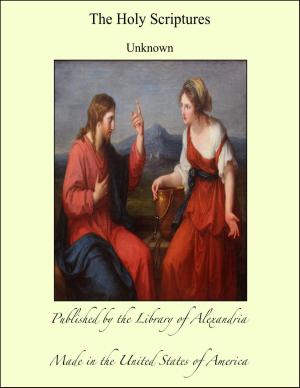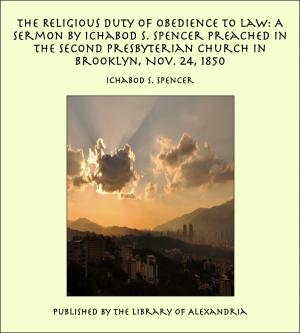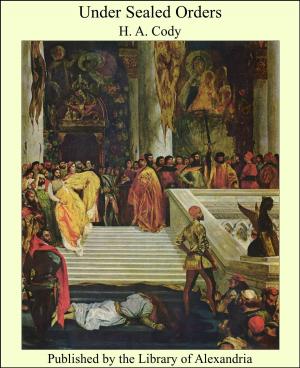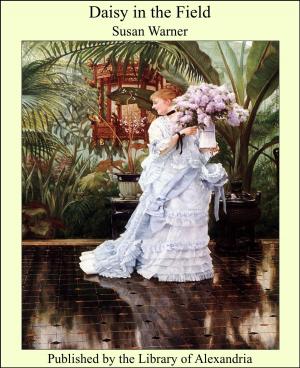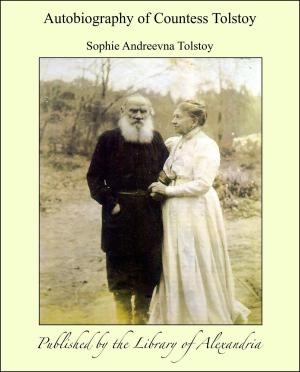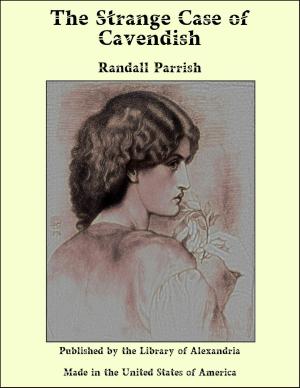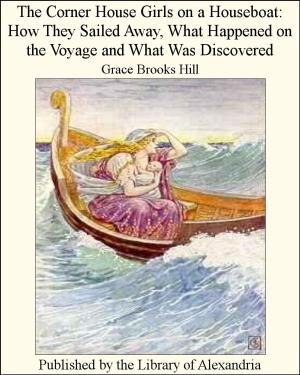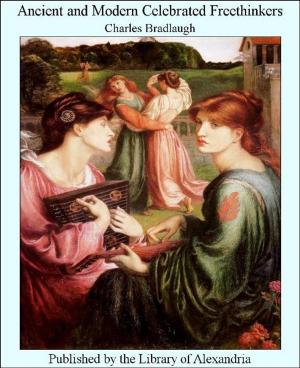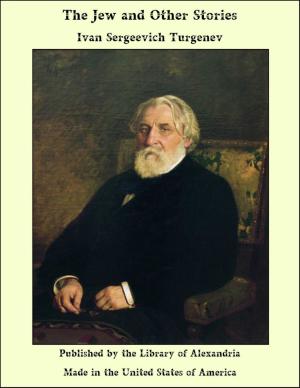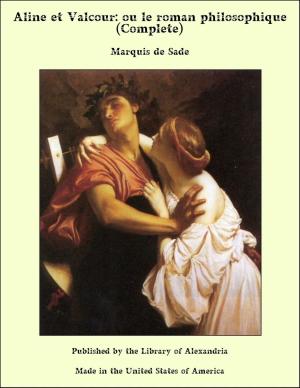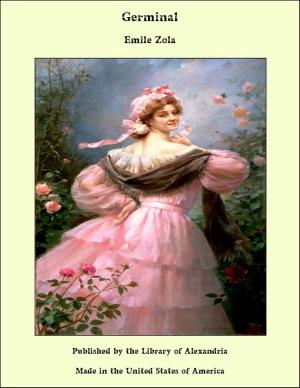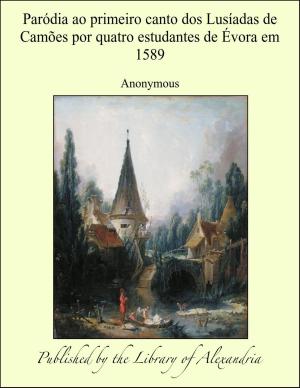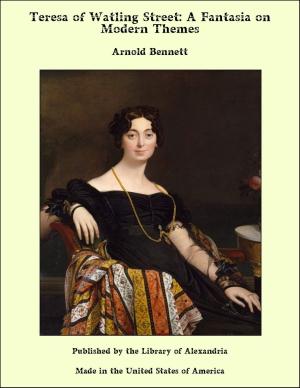The Puzzle of Dickens's Last Plot
Nonfiction, Religion & Spirituality, New Age, History, Fiction & Literature| Author: | Andrew Lang | ISBN: | 9781465601063 |
| Publisher: | Library of Alexandria | Publication: | March 8, 2015 |
| Imprint: | Language: | English |
| Author: | Andrew Lang |
| ISBN: | 9781465601063 |
| Publisher: | Library of Alexandria |
| Publication: | March 8, 2015 |
| Imprint: | |
| Language: | English |
The tale opens abruptly with an opium-bred vision of the tower of Cloisterham Cathedral, beheld by Jasper as he awakens in the den of the Princess Puffer, between a Chinaman, a Lascar, and the hag herself. This Cathedral tower, thus early and emphatically introduced, is to play a great but more or less mysterious part in the romance: that is certain. Jasper, waking, makes experiments on the talk of the old woman, the Lascar and Chinaman in their sleep. He pronounces it “unintelligible,” which satisfies him that his own babble, when under opium, must be unintelligible also. He is, presumably, acquainted with the languages of the eastern coast of India, and with Chinese, otherwise, how could he hope to understand the sleepers? He is being watched by the hag, who hates him. Jasper returns to Cloisterham, where we are introduced to the Dean, a nonentity, and to Minor Canon Crisparkle, a muscular Christian in the pink of training, a classical scholar, and a good honest fellow. Jasper gives Edwin a dinner, and gushes over “his bright boy,” a lively lad, full of chaff, but also full of confiding affection and tenderness of heart. Edwin admits that his betrothal is a bore: Jasper admits that he loathes his life; and that the church singing “often sounds to me quite devilish,”—and no wonder. After this dinner, Jasper has a “weird seizure;” “a strange film comes over Jasper’s eyes,” he “looks frightfully ill,” becomes rigid, and admits that he “has been taking opium for a pain, an agony that sometimes overcomes me.” This “agony,” we learn, is the pain of hearing Edwin speak lightly of his love, whom Jasper so furiously desires. “Take it as a warning,” Jasper says, but Edwin, puzzled, and full of confiding tenderness, does not understand.
The tale opens abruptly with an opium-bred vision of the tower of Cloisterham Cathedral, beheld by Jasper as he awakens in the den of the Princess Puffer, between a Chinaman, a Lascar, and the hag herself. This Cathedral tower, thus early and emphatically introduced, is to play a great but more or less mysterious part in the romance: that is certain. Jasper, waking, makes experiments on the talk of the old woman, the Lascar and Chinaman in their sleep. He pronounces it “unintelligible,” which satisfies him that his own babble, when under opium, must be unintelligible also. He is, presumably, acquainted with the languages of the eastern coast of India, and with Chinese, otherwise, how could he hope to understand the sleepers? He is being watched by the hag, who hates him. Jasper returns to Cloisterham, where we are introduced to the Dean, a nonentity, and to Minor Canon Crisparkle, a muscular Christian in the pink of training, a classical scholar, and a good honest fellow. Jasper gives Edwin a dinner, and gushes over “his bright boy,” a lively lad, full of chaff, but also full of confiding affection and tenderness of heart. Edwin admits that his betrothal is a bore: Jasper admits that he loathes his life; and that the church singing “often sounds to me quite devilish,”—and no wonder. After this dinner, Jasper has a “weird seizure;” “a strange film comes over Jasper’s eyes,” he “looks frightfully ill,” becomes rigid, and admits that he “has been taking opium for a pain, an agony that sometimes overcomes me.” This “agony,” we learn, is the pain of hearing Edwin speak lightly of his love, whom Jasper so furiously desires. “Take it as a warning,” Jasper says, but Edwin, puzzled, and full of confiding tenderness, does not understand.
